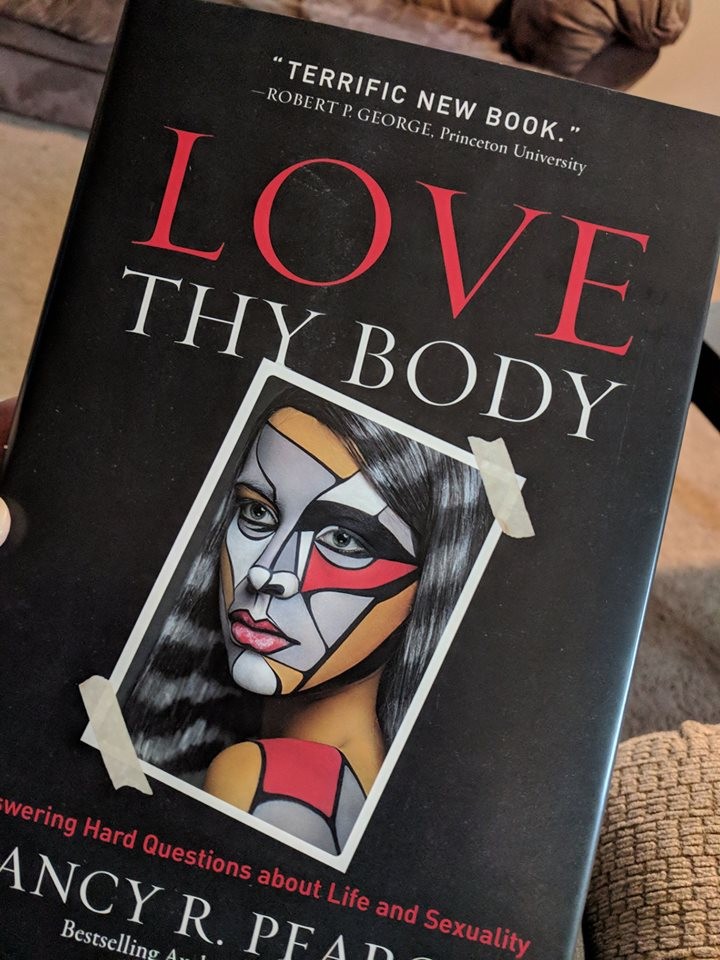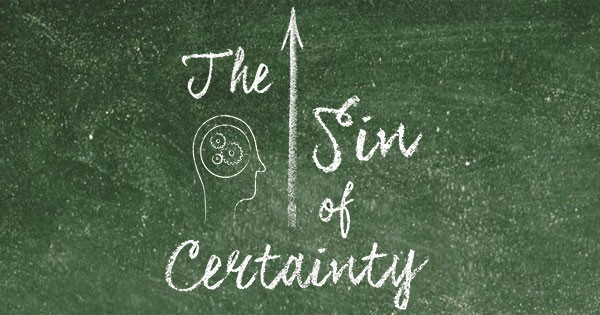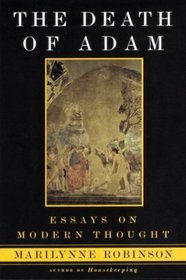Religious Age
This is a post from some time ago — October 2014. It’s been sitting in my drafts folder, I suppose waiting for refinement. But I’m going to go ahead and publish it as is.
——————–
Someone should do a study of comment threads.
Lately, for some inexplicable reason, I’ve actually been scrolling down to look at the comments below news articles online. In principle, I dislike the policy of allowing comments. They are about the clicks that make advertisers want to support certain sites, not about discussion. And they are often nasty.
Yet I’ve looked at the comment threads a few times lately, and it’s surprised me to see how often the discussion turns to spiritual matters. This story about a volunteer with Doctors without Borders, for example, includes a question about whether the doctor is a man of faith. One commenter takes the interviewer to task for daring to assert the relevance of faith. Then there’s this one, about the Ebola cases in the U.S., in which one unsuspecting commenter dares to suggest he is praying for health care workers on the front lines of treating Ebola patients. Another commenter cites a study saying that prayer doesn’t work, and the whole discussion becomes focused on the question of whether it works, and whether anyone should be permitted to say they are praying on the chance that they may offend an atheist, and so on. Both threads reveal a segment aggressively in favor of censoring any references to Christianity. It’s okay to be a Christian as long as you remain absolutely silent and purge your speech of all religious associations, real or implied, it seems.
There have been two interesting news stories about faith lately, too, both rather sad to me. This one is about “mass mobs” in Catholic churches (a variation on “flash mobs”). Many stand nearly empty most of the time, but if a mob shows up, the people get to have the experience of what a packed-out mass is like. The general consensus of those quoted in the article is that the experience is meaningful first of all as an exciting, “electric” experience; secondly for its nostalgic value, because it reminds people of what it “used to be like” back when people still went to church. There’s no mention of the actual spiritual content of the mass or of why filling churches has anything to do with faith itself.

And then this one, about how religious studies departments are thriving despite the fact that a third of young Americans report no religious affiliation. Why? Because of “interfaith” affiliations. Students report faithfully practicing different religions, and a sanctuary is described with religious symbols of many faiths. The chaplain explains that the office is not oriented around God, but around the big questions. One student explains that his “comfort with paradox,” which he describes as being able to hold opposing viewpoints in his mind and see both sides, is extremely valuable. (I would say he’s comfortable with syncretism — blending all belief systems — rather than paradox.)
No wonder The Bible Tells Me So — which proposes that much of the Bible is simply humans mistaking what God is trying to say despite its many truth claims, but we should read it anyway — is so popular. We’re in an age seething with superficial interest in spiritual things. But love of truth? Even belief in truth — truth as something external to ourselves, which requires accommodation? What about that?
“Seek and ye shall find.” I have to believe that however misdirected some of these interests seem, at the root they reflect the God-given longing for truth that can lead all true seekers home.


